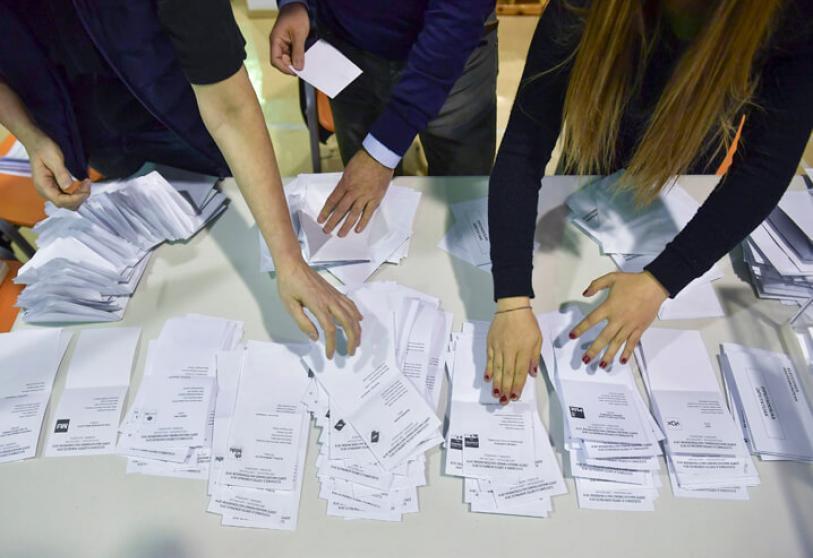
What are the first steps to achieve an e-democracy?
Atalayar | Recommendations for the government of Spain based on the e-Estonia model

Atalayar | Recommendations for the government of Spain based on the e-Estonia model

Two years ago, COVID triggered a surge in remote work. But now that most restrictions have been lifted, is it here to stay? Not in these countries.

Not having high-speed internet could be risky for your health as Tufts University research shows people living in counties with broadband access are less likely to die from COVID-19.
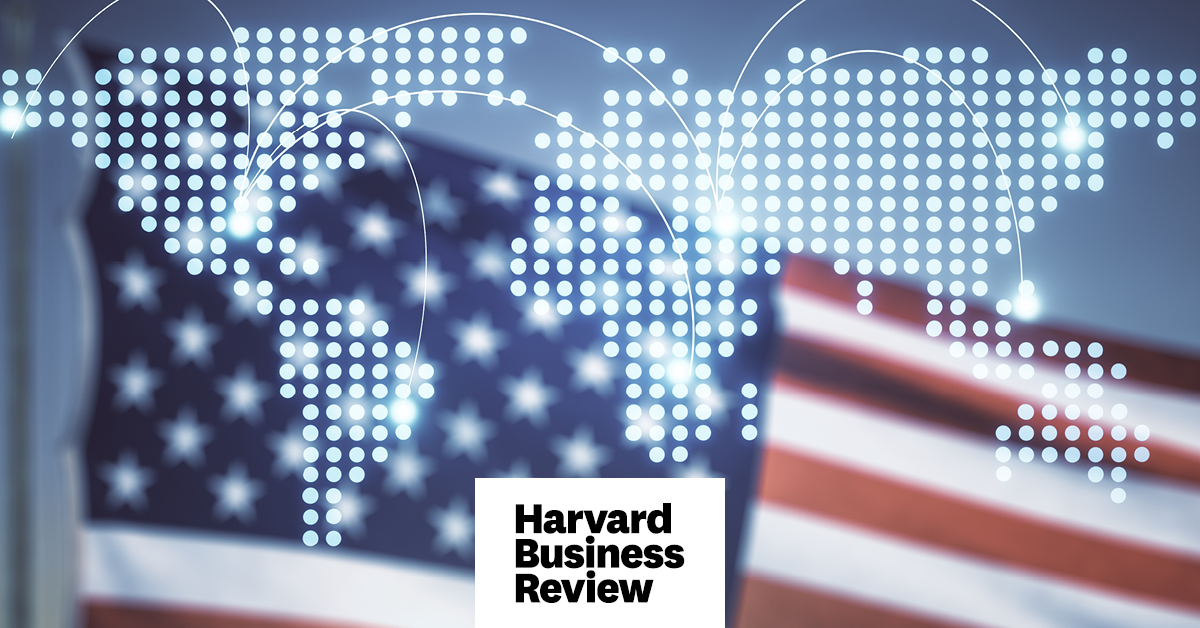
Right now, half of Americans aren’t using broadband internet. In an effort to close this digital divide, the Biden administration has launched the Internet for All initiative: a massive investment of funds to expand access to high-speed internet in the world’s most valuable and second most evolved digital economy.

As Covid-19 raged, access to high-speed internet saved lives. The effects were especially pronounced in cities, researchers found.

Tom, Joe and Kim talk about the impact of Omicron on the economy, labor issues, vaccine mandates and inflation

Experts say the solution is to make remote work the default.

Bhaskar Chakravorti said “Nobody is safe until everyone’s safe,” when asked about the COVID-19 outbreak in India.

Resilience reflects digital infrastructure and citizen trust, according to Fletcher School study.

It is time to imagine the boulevards and sewers that will emerge at the end of this pandemic. To consider this, we must ask what from 2020 should we reinforce, what must we rebuild and what should we tear down and build again?

Bhaskar Chakravorti discusses how the “Digital Divide” could impact the distribution of the COVID-19 vaccine in Massachusetts.

Erica Pandley writes about the correlation between the UK’s struggling economy and its transition to working from home during COVID-19, citing data from the Digital Intelligence Index (DII).

Bhaskar Chakravorti describes the economic and social tolls that COVID-19 has taken on India, citing insights from Digital Planet’s Social Distance Readiness Benchmark.

Digital Planet research on the social distance readiness of the United States is featured in a segment on CBS Moneywatch. Key insights from the report are shared.
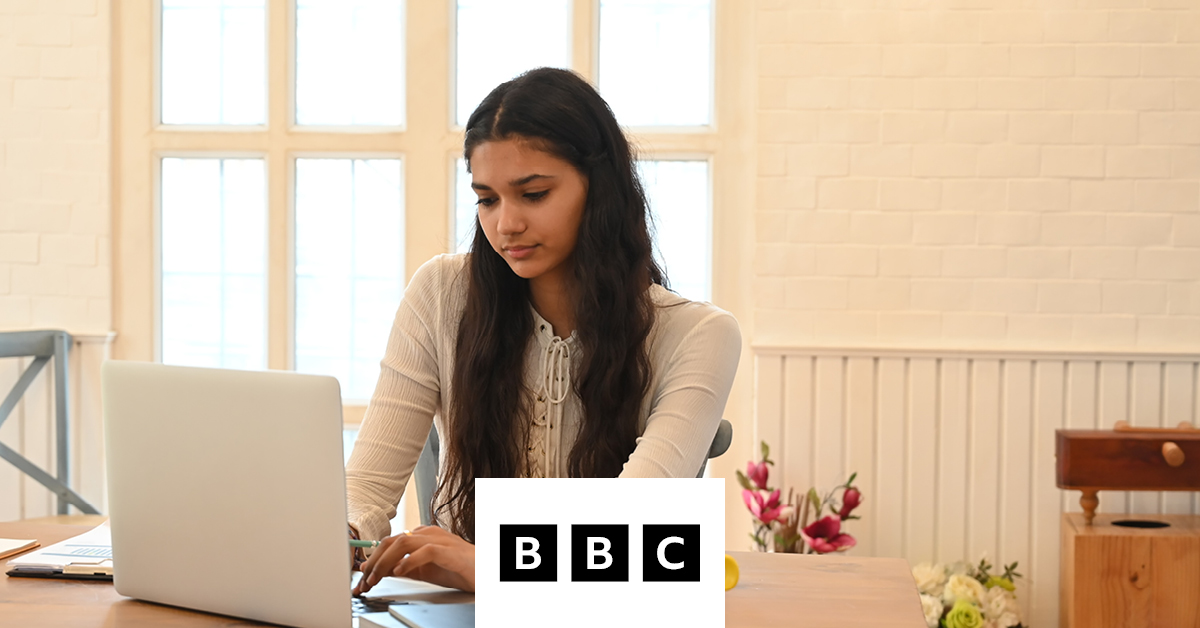
Bhaskar Chakravorti discusses research from Digital Planet, which found that India is one of the least equipped countries for remote-working readiness.
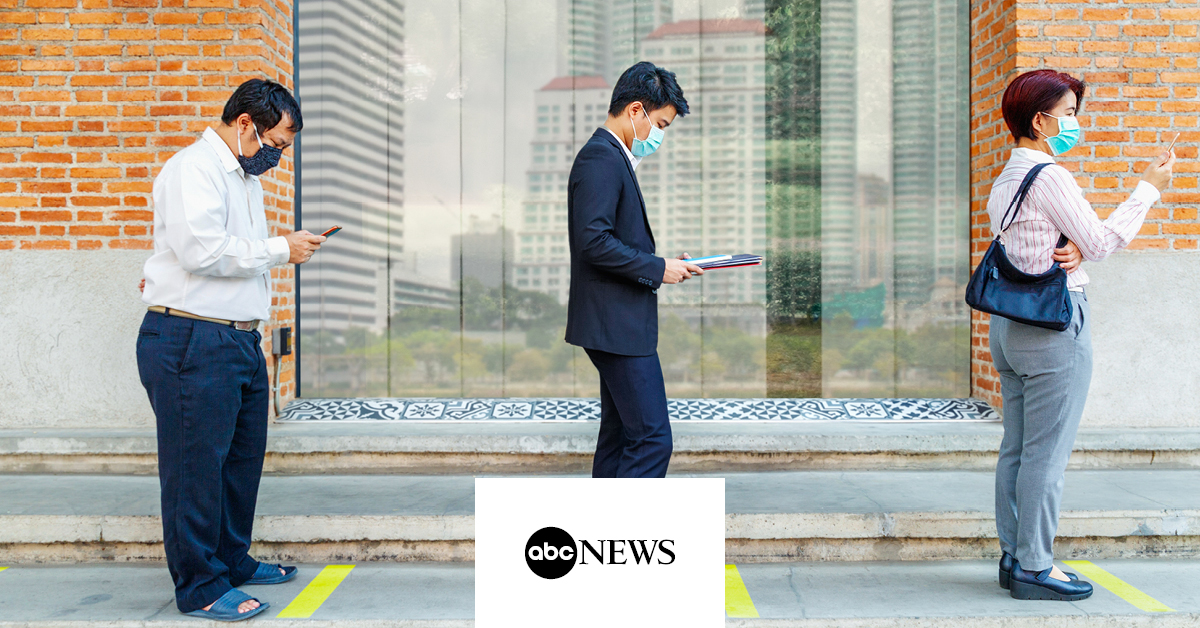
While working from home is an option for the digitally-connected, much of the U.S. and the rest of the world aren’t ready to support a remote workforce.

Remote Working Can’t Last Forever: Bhaskar Chakravorti.
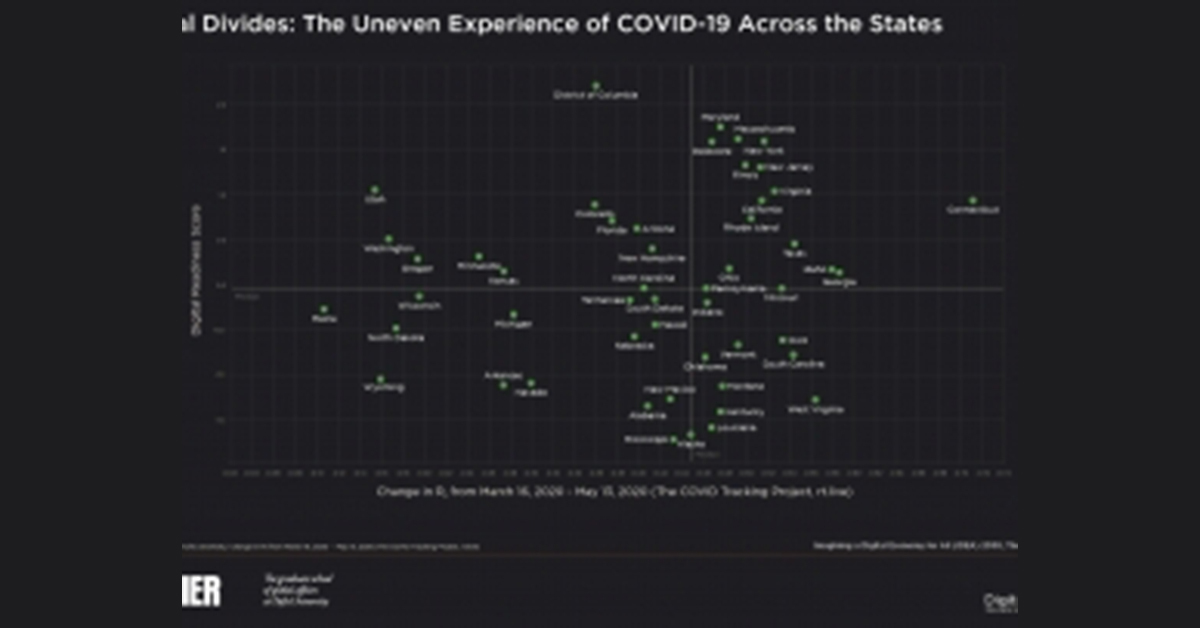
Digitally ready states implementing strict social distancing reduced COVID-19 rates. Urban areas provided more opportunities for work, education, and interaction in a socially distant world.
The Coronavirus pandemic is likely to shift the economic landscape in meaningful ways, reshaping the dominant forces in markets and economies worldwide.

ICE’s international student ban is a politicized pandemic response that hurts America.
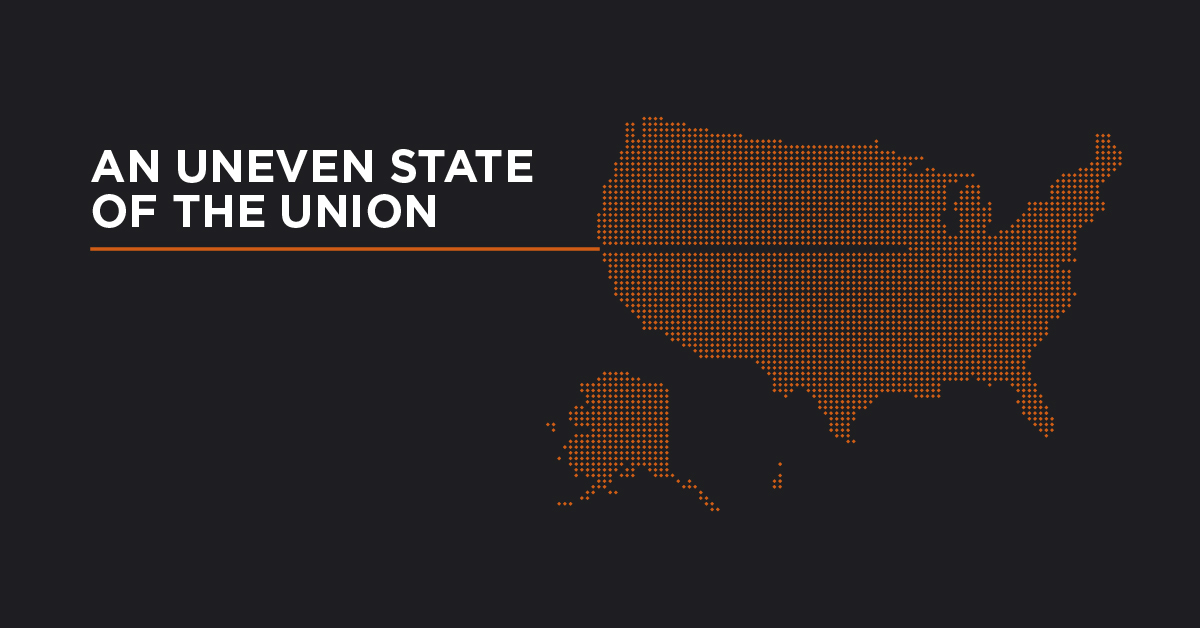
Even as COVID-19 cases continue to increase in the United States, reaching over 1.67 million cases and nearly 100,000 deaths as of May 26, 2020, many states are now beginning to ease social distancing and stay-at-home mandates. Each state is taking its own unique approach to lifting stay at home orders, allowing businesses to open, and loosening social distancing regulations, due in no small part to a lack of direction from the federal government.
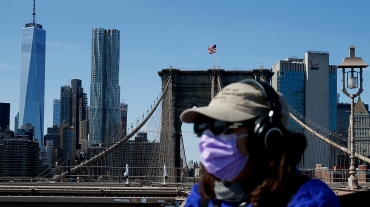
How prepared are countries to work in socially distant modes and lift lockdown orders during the COVID-19 pandemic? We examined this question by evaluating 42 countries that are significant in the global economy and have enacted social distancing measures. Some countries that were missing key data were not included. We scored the “social distance readiness” of their economies using three indices developed with our team

White House downplayed COVID deaths, pushed reopening. Inconsistent response, lacking coordination. Premature victory claims. Desperate and dysfunctional.

Rather than prepare to reopen, Bhaskar Chakravorti recommends that companies help employees settle into operating remotely.

Bhaskar Chakravorti shares insights from Digital Planet’s Social Distance Readiness Benchmark and discusses which states are practicing social distancing best.

Tufts Now | Bhaskar Chakravorti participated in Lessons from a Pandemic, a video series run by Tufts University, and shared his insights on how to lift lockdown orders around the world.

Josephine Wolff explains how lawmakers are just like the millions of other people who are working from home.

Fletcher Professor Jette Steen Knudsen explains the responsibilities of Western retailers to the workers who make their garments as the coronavirus forces factories to shut down.

NBC Boston | Bhaskar Chakravorti is interviewed and expresses his thoughts on President Trump’s recommendation to inject disinfectants.

USA Today | Bhaskar Chakravorti states guidelines to reopen states are “a bad idea motivated by Trump’s political motives rather than a measured, data-driven public health strategy.”

Al Jazeera | CPJ says Trump’s attacks have been amplified during the coronavirus crisis, a time when unimpeded journalism is crucial.
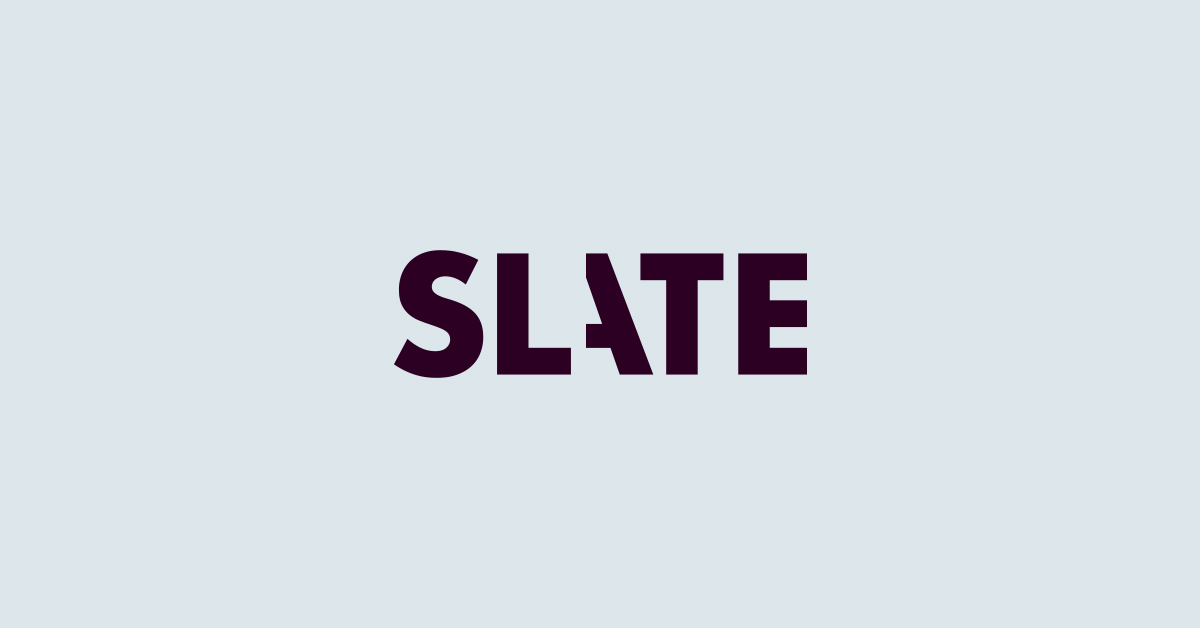
Fletcher Professor of Cybersecurity Policy Josephine Wolff explains that while Zoom has made some mistakes, it’s owned up to them in the middle of an unprecedented time.

It is about time, Mark Zuckerberg (Facebook/WhatsApp), Sundar Pichai (Google/YouTube), Jack Dorsey (Twitter) and Zhang Yiming (TikTok) made some tough calls, much like what their own political leaders have done.

CBS News examines the strain on internet infrastructure due to increased remote work, highlighting the need for robust connectivity.

Josephine Wolff explains how the United States can learn from other countries to track the pandemic while still protecting privacy.

The rise of the coronavirus is leading to a surge of false and possibly dangerous misinformation. Where can people go to get the facts?

Rumors and untruths are spreading online — from conspiracy theories about the origin of the virus to outlandish treatments.
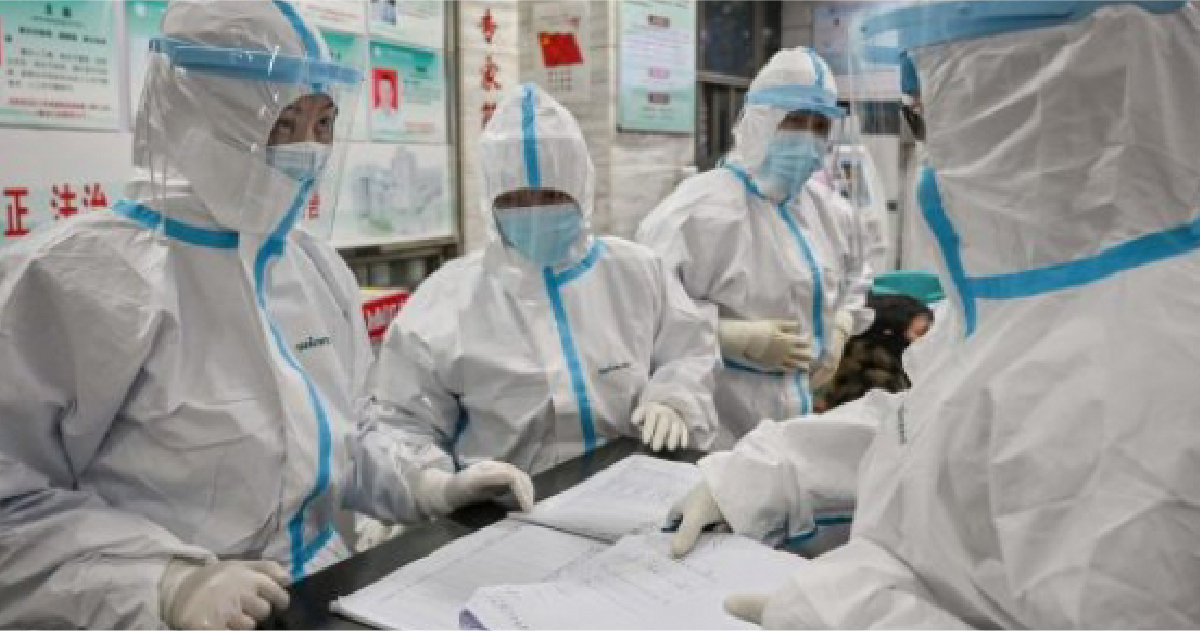
Fox News | “I would worry about countries that have single party or autocratic governments since they have a lower level of objective scrutiny from the media, including the traditional (institutionally reported) media and (bottom-up reported) social media.”
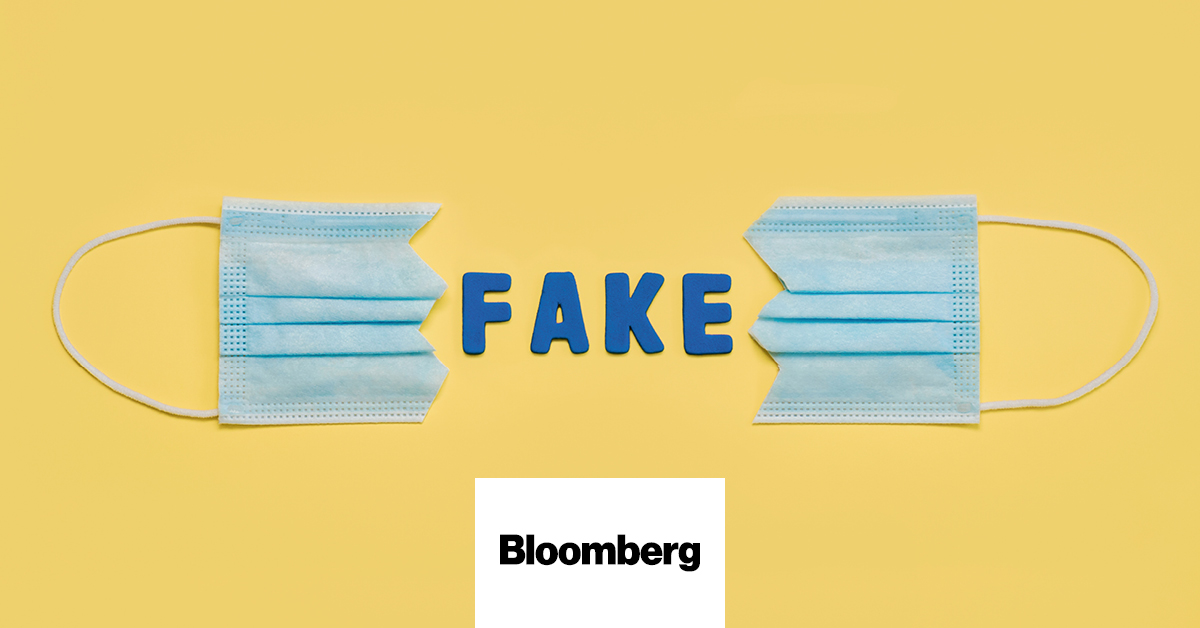
Facebook’s new new “physical harm” standard is one that Twitter and Google ought to adopt.